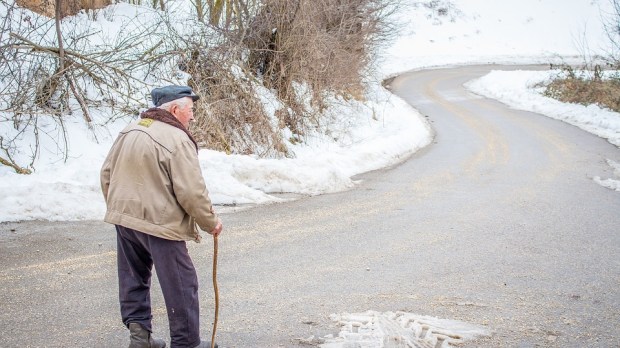Echoing a call made by his predecessor, Pope Francis today said that an ecological education must be integral, saying is schizophrenic to want to protect endangered animals but then ignoring the plight of the elderly.
He said this today when he received nearly 400 members of the Italian Association of Catholic Teachers at the Vatican. In his address, the head of the Catholic Church invited them to teach their students “a sense of responsibility.”
Teachers, said the pontiff, must confer an integral ecological education. They must teach their students to live a lifestyle that treats our common home—creation—responsibly, he explained. This mentality must not be “schizophrenic,” focusing only on certain problems while ignoring others. Thus, the pope explained, we should not ignore the problems of the elderly while defending endangered animals; “This is schizophrenia; no!” he spontaneously exclaimed.
“Above all,” Pope Francis continued, “education should be directed towards a sense of responsibility: not towards transmitting slogans which other people should put into practice, but towards encouraging the desire to experience an ecological ethic based on choices and actions of daily life.”
This ethic is truly Christian, said Peter’s Successor. It is “a style of behavior that, from a Christian perspective, finds meaning and motivation in a relationship with God the Creator and Redeemer, with Jesus Christ who is the center of the cosmos and of history, and with the Holy Spirit, source of harmony in the symphony of creation.”
New “complicity” with parents
To transmit this education to new generations, Pope Francis invited teachers to develop a new “complicity” with parents, because the educational pact is currently “broken”: parents and teachers do not support each other in the education of children, he lamented.
Without falling into nostalgia for the past, we must overcome conflicts to create greater solidarity. “Above all,” the pope said, teachers and parents must “stop thinking of themselves as enemies, blaming each other; on the contrary, [they must] put themselves in each other’s shoes, understanding the objective difficulties faced by both sides in the task of educating, thus creating greater solidarity.”
Lastly, the head of the Catholic Church stressed the importance of the members of the Association of Catholic Teachers “being and creating an Association,” which is both “a value and a responsibility.”
Conflicts in such lay institutions are normal and should not be hidden, he said. They must be dealt with in “an evangelical style,” for the good of the association, which is evaluated based on the principles enshrined in the organization’s statutes.
In closing, the pontiff told the teachers that “with the help of God and of the pastors of the Church,” they are “called to make this talent, placed in your hands, bear fruit.”

